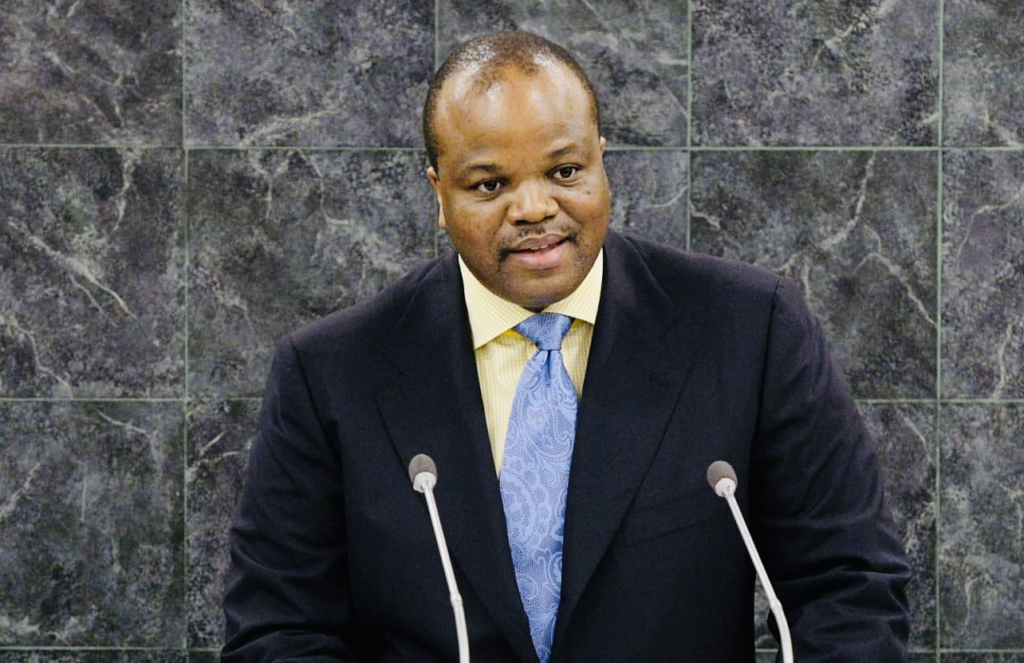KING’S BORDER COMMITTEE TO COST TAXPAYERS R40 MILLION FOR A MISSION DOOMED TO FAIL
Why is Eswatini committing millions in scarce public resources to a cause that has no real chance of success? Many believe the BRC is a smokescreen—another way for the ruling elite to enrich themselves while ordinary emaSwati suffer from unemployment, poor health services, broken roads, and a failing education system…………

The newly appointed Border Restoration Committee (BRC) in Eswatini has sparked public outcry after it emerged that the fifteen members of this committee will receive over R40 million in salaries over the next five years. This committee, which many citizens have labelled ineffective and symbolic, was appointed by King Mswati III to lead what is being portrayed as a patriotic mission to reclaim ancestral land from neighbouring South Africa. However, experts and observers alike see this as a political distraction that is bound to fail due to international law.
Each of the fifteen members will earn more than R50,000 per month, meaning over R600,000 per person annually. In five years, this figure grows to over R3 million per individual. Multiplied by 15 committee members, the total bill exceeds R45 million—but estimates place the official taxpayer burden at just above R40 million, potentially excluding other hidden costs like travel, accommodation, legal advice, and diplomatic lobbying.
The BRC is supposed to negotiate the return of land Eswatini claims was lost during the colonial era, specifically in areas now administered by South Africa. The problem is, borders drawn by colonial governments have since been enshrined in international law. The Organisation of African Unity (now African Union) agreed in 1964 to respect colonial borders to avoid conflict across the continent. South Africa’s own Constitution and international recognition of its borders make any reversal of land ownership practically impossible.
The creation of this committee, therefore, raises critical questions. Why is Eswatini committing millions in scarce public resources to a cause that has no real chance of success? Many believe the BRC is a smokescreen—another way for the ruling elite to enrich themselves while ordinary emaSwati suffer from unemployment, poor health services, broken roads, and a failing education system.
More troubling is the fact that this decision came directly from the King, who continues to use absolute powers to make appointments without public consultation. There was no parliamentary debate. There was no expert legal analysis shared with the public. There was no cost-benefit justification for why this committee deserves over R40 million at a time when government hospitals are running out of basic medicines.
Critics argue that the BRC is just another gravy train. It serves as a reward system for loyalists, friends of the monarchy, or those needing to be pacified with soft jobs. Instead of tackling real border issues such as smuggling, human trafficking, or cross-border trade disputes, the committee will spend years pretending to chase historical claims with no international backing.
As citizens of Eswatini, we deserve accountability. R40 million is not small change. It could build clinics, fix roads, fund scholarships, or provide clean water. Instead, it’s being handed to a committee chasing fantasies. In the face of growing poverty and political repression, this is not just wasteful—it’s immoral.



